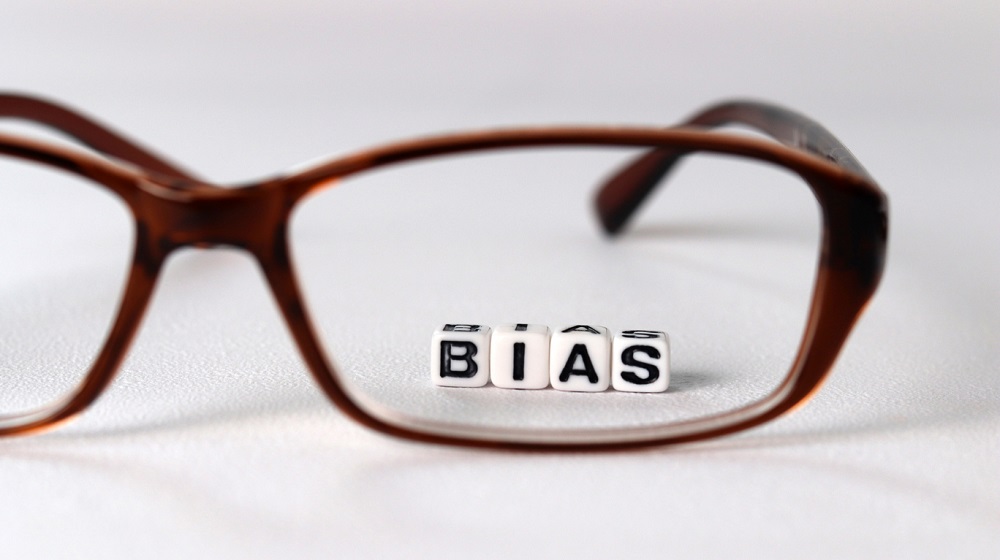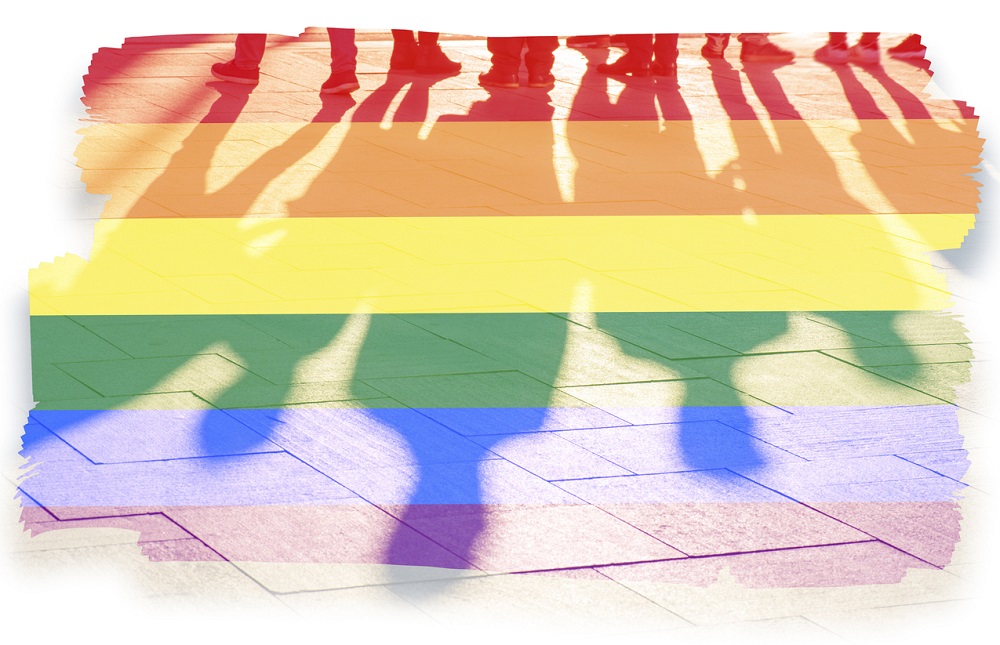Uncovering unconscious bias – developing greater awareness

These days the workplace is all about inclusive leadership and management. It is also about mentoring and coaching in a way that fosters mutual understanding and respect, plus inclusive behaviours. One of the challenges involved in creating true inclusivity is uncovering and dealing with bias, conscious or not. Obviously, unconscious bias is more of a challenge. So, what is it, how can we become more aware and deal with it wisely, and why is it essential to do so?
How do we end up being biased?
As humans we’re automatic, inveterate pattern seekers. We look for patterns in the physical world, and also in our internal worlds. The mind is constantly categorising experiences, putting them in the ‘right’ mental boxes in an effort to make decisions faster. Grouping experiences in this way gives us clues about how to react next time a similar thing happens and, while these short cuts can be handy, the way they drive us to make choices based on past experience can cause problems.
About conscious bias
We’re all biased in one way or another, consciously and not, and it’s a normal part of being human. Conscious bias is a biased attitude you’re aware of. You might prefer to work with women rather than men, or prefer to avoid people from a certain culture.
These prejudices drive some to discriminate against groups of people, and the effect is often obvious to those suffering from its impact. Luckily there are policies and legal frameworks to protect us against this kind of bias, both in the workplace and the wider world.
What is unconscious bias?
Unconscious biases, also called implicit biases, are learned assumptions, beliefs and attitudes that we’re not aware of. While many of these involuntary biases are harmless, others reinforce unhelpful, inaccurate stereotypes.
When these mental shortcuts raise their heads at work it can affect everything from our own performance to the way others perform, and the way they feel about their working lives. If it isn’t dealt with, bias can make us feel resentful, frustrated, and silenced.
Some common biases
Our unconscious biases can strongly influence limiting beliefs and behaviours, impacting choices around the people we hire, the way we interact with colleagues, and the business decisions we make.
Think bias and you’ll probably find things like race, social status, gender, age, nationality, religion, and physical attractiveness spring to mind. But there are subtler biases too, things like name bias, outcome bias, confirmation bias, conformity bias and optimism bias. And that’s just the tip of a long list of irrational beliefs that trip us up at work.
This Ted Talk suggests 3 ways to handle unconscious bias
This Ted talk is by Kim Scott and Trier Bryant, and the name of the video says it all: How to reduce bias in the workplace. It suggests three ways to overcome unconscious bias at work:
- Create a shared vocabulary – Use a shared word or phrase, agreed by everyone rather than set by leaders, to disrupt biased attitudes and behaviours. The video suggests ‘purple flag’, a harmless phrase people can use to point out biases without blame or anger. You can also use an ‘I’ statement to invite the other person in rather than calling them out – eg. “I don’t think you meant that the way it came out”. Most people, when they realise they’re being biased, apologise and learn from the experience.
- Create a shared norm about how to respond when bias is pointed out. “Thank you for pointing that out, it took courage. I get it”. Or “I don’t get it, let’s talk more about it after the meeting.” Again, most people are relieved to understand what’s going on for them, and a shared norm helps them listen and learn rather than getting defensive. The very fact that there is a norm reveals everyone is learning together: you’re not alone in your unconscious biases.
- Next, commit to disrupting bias at least once in every meeting so it becomes routine to uncover them. When we’re silent about bias, we only reinforce it. A consistent effort to point it out in a calm, pre-arranged way ultimately changes the story.
We all have a responsibility to challenge bias when it occurs. Doing so helps stop it deteriorating into prejudice, bullying, discrimination or harassment. Better awareness of our biases leads to more respectful behaviours. It creates more open and diverse work cultures, broader conversations, better decision making and more innovative solutions.








